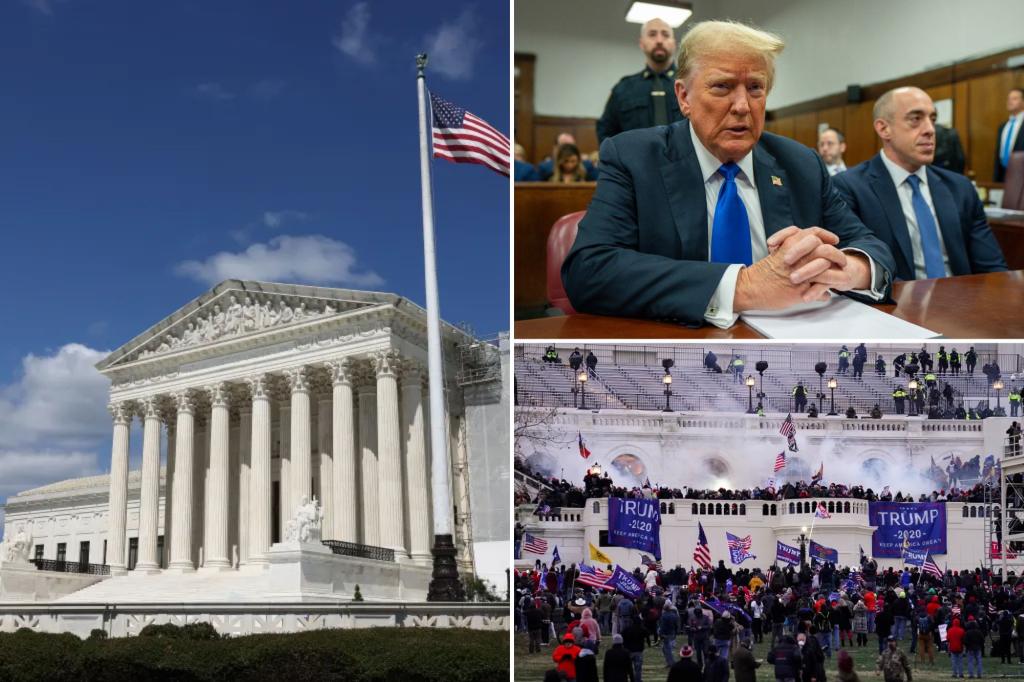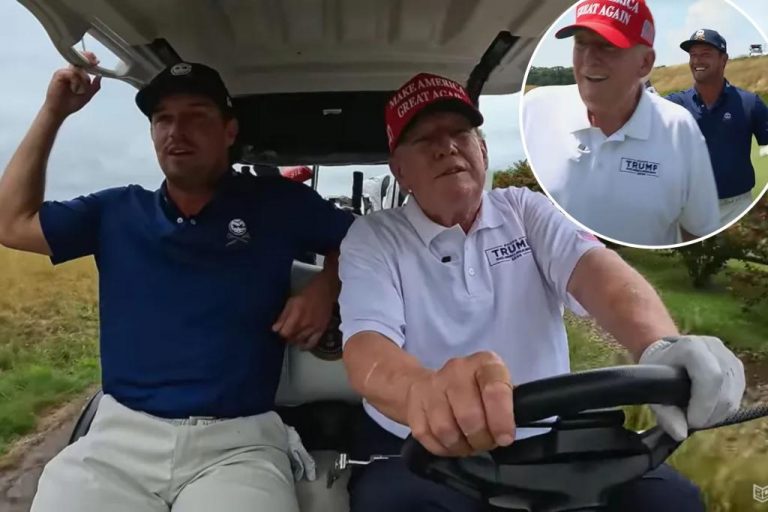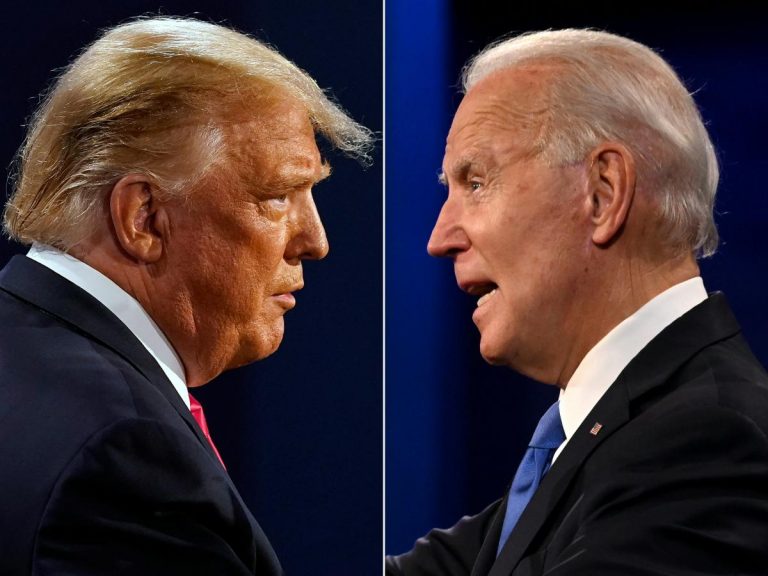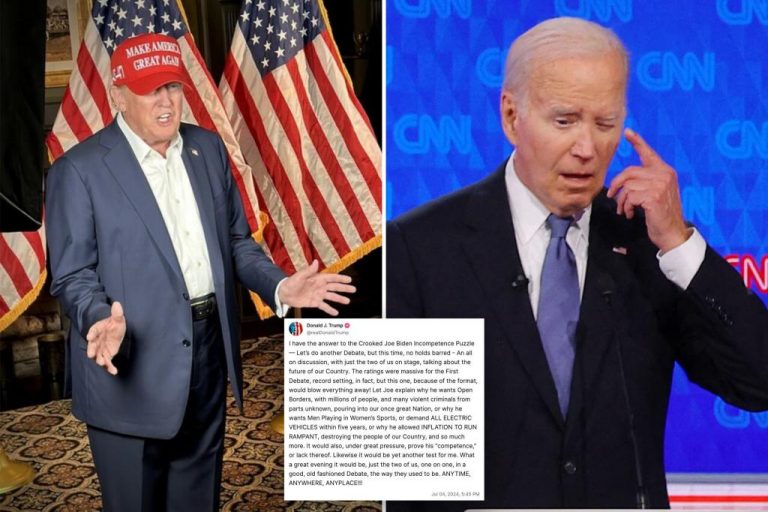Supreme Court limits obstruction charge for Jan. 6 Capitol rioters.
On January 6, a group of rioters stormed the Capitol building in an unprecedented attack on American democracy. The aftermath of this event has been filled with legal proceedings to hold those involved accountable for their actions. One of the key legal battles revolves around the charge of obstruction, which the Supreme Court has recently narrowed in its application to the Jan. 6 Capitol rioters.
The Supreme Court’s decision to narrow the obstruction charge has significant implications for the ongoing investigations and prosecutions related to the Capitol riot. By defining the scope of the obstruction charge more clearly, the Court has provided prosecutors with a more precise tool to hold individuals accountable for their role in the events of January 6.
One of the primary challenges in prosecuting individuals involved in the Capitol riot has been proving intent. The obstruction charge typically requires prosecutors to demonstrate that the defendant acted with corrupt intent to obstruct an official proceeding. However, in the chaotic and frenzied environment of the Capitol riot, proving such intent can be difficult.
The Supreme Court’s narrowing of the obstruction charge addresses this challenge by clarifying that mere interference with an official proceeding is not sufficient to establish guilt. Instead, the Court’s decision requires prosecutors to prove that the defendant’s actions were not only obstructive but also corrupt in nature.
By tightening the requirements for proving the obstruction charge, the Supreme Court has set a higher bar for prosecutors seeking to hold Capitol rioters accountable. This decision underscores the importance of intent in criminal proceedings and ensures that individuals are not unjustly punished for actions that may have been taken in the heat of the moment.
While the Supreme Court’s ruling may make it more challenging to prosecute some individuals involved in the Capitol riot, it ultimately upholds the principles of justice and due process. By requiring prosecutors to meet a higher standard of proof, the Court ensures that only those who truly intended to obstruct the official proceedings are held responsible for their actions.
As the legal proceedings related to the Capitol riot continue to unfold, the Supreme Court’s decision on the obstruction charge will undoubtedly shape the outcomes of many cases. Prosecutors will need to carefully assess the evidence and establish a clear link between the defendant’s actions and the corrupt intent required to prove obstruction.
Overall, the Supreme Court’s narrowing of the obstruction charge represents a nuanced approach to justice in the wake of the Capitol riot. By balancing the need for accountability with the requirement of proving intent, the Court has set a precedent that will guide future prosecutions and uphold the integrity of the legal system.








